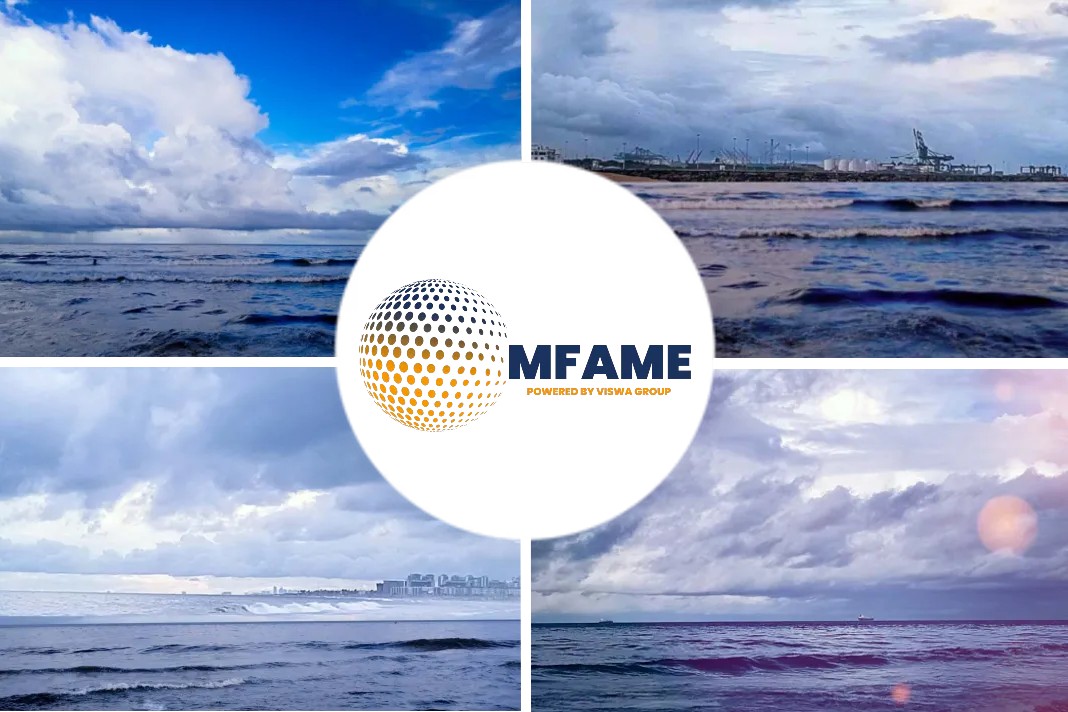It is proven that by renewing and maintaining anodes and ICCP systems and performing regular inspections on maneuvering and propulsion systems, ships will operate longer without mayor unforeseen problems. Preventing the need for additional high costs or drydock when it is too late.
ICCP importance
ICCP (Impressed Current Cathodic Protection) systems provide protection to a wide variety of vital and valuable equipment, vessels and structures onshore and offshore.
Impressed current cathodic protection (ICCP) is a corrosion protection system consisting of sacrificial anodes connected to an external power source. The external power source, often a DC power supply, provides the current necessary to drive the electrochemical reaction required for cathodic protection to occur.
By inspecting and maintaining the cathodic protection on a vessel by means of FN Diving underwater technicians, you can extend the trouble free life of a vessel dramatically.
Joined forces to renew ICCP
GS Electronics and FN Diving joined forces to give the client the option to renew ICCP anodes during port calls. We are able to perform a full health check of the ICCP system(s) to verify the findings during the underwater survey. After renewal ICCP system will be commissioned to make sure that your vessel is well protected again.
GS Electronics and FN Diving joined forces to give the client the option to renew defected ICCP anodes and reference electrodes during port calls. If the vessel is not scheduled to go for dry dock this is the only option to minimize major corrosion issues. We are able to perform a full health check of the ICCP system(s) to verify the findings during the underwater survey.
After renewal ICCP system will be commissioned to make sure that your vessel is well protected again. We are also able to provide original approved spare parts of all the makes or offer new ICCP systems engineered and personalized for any type of vessel.
By providing us all relevant type information and specifications of your ICCP system or sacrificial anodes, our partner can deliver the requested items out of stock.
FN Diving will take care that all items are presented on site worldwide, subsequently our diver technicians will install them in the appropriate way. The advantages of this one call solution will facilitate the repairs, saving precious time for the vessels schedule.
Under 24hrs & no drydocking
The total time for replacing ICCP and cathodic protection Shields are normally under 24 hrs, with no drydocking or down time. It’s a cost effective solution that is guaranteed to get you back on schedule fast.
Three major components
Hull mounted impressed current anodes have three major critical components.
- The anode to supply cable connection and hull penetration,
- the dielectric shielding system,
- the active anode element and mounting The most important area here is the dielectric shielding system.
This is applied to the area of the hull immediately behind and adjacent to the active anode element. In most systems this consists of two areas, a primary and secondary shield. The primary shield is usually a fiberglass or thermoplastic sheet that goes under the anode and extends about 1-2 feet (30 – 60 cm.) from the anode element in all directions.
The shield is often mechanically fastened to the hull and a sealing/bonding compound introduced between the shield and the coated hull surface. The secondary shield is usually an area of high build epoxy or mastic coating that extends an additional distance 3-4 feet (90 – 120 cm.) beyond the primary shield. The integrity of this shield is critical if the CP system is to distribute protective current to all areas of the hull.
Any damage to the shield will result in unacceptably high potentials on the exposed hull (if the anode is operated anywhere close to its rated current). This normally results in hydrogen evolution at the steel hull surface, which causes progressive disbandment failure of the shield to the point where the anode can no longer be operated.
This area is virtually always in need of maintenance in between the 5 yearly dry dockings Anode elements can usually be designed to last as long as required, so the protracted design life may not be a problem provided that the dielectric shield holds up.
Problems can however arise, in this case FN Diving can replace any system underwater on the current market. Ensuring that your ships and offshore drilling assets are protected from corrosion at all times is our top priority.
Did you subscribe to our daily Newsletter?
It’s Free! Click here to Subscribe
Source: FNDiving


















